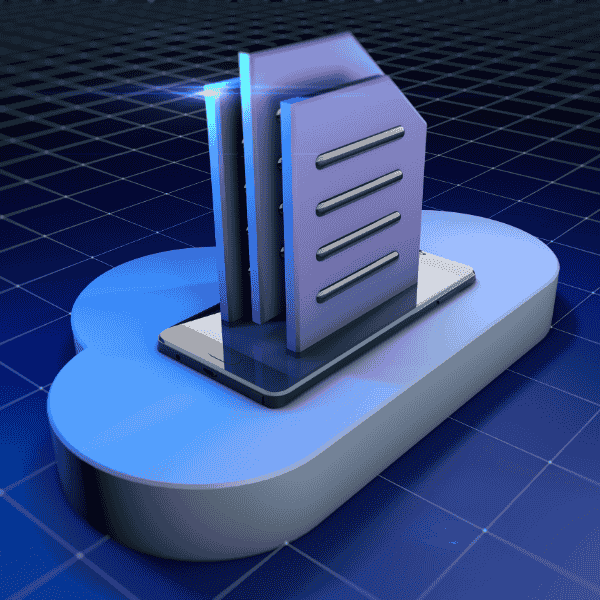Introduction
Cloud adoption is not just a trend anymore. It is a strategic decision. With public, private and hybrid cloud models available, picking the right one can be tricky. Each has benefits and drawbacks. So, how do you decide?
Ok, now lets start by exploring what each model offers and when it makes sense to choose one over the other.
What Is Public Cloud?
Public cloud is a service provided by third party vendors like AWS or Azure. These platforms share infrastructure among many users.
Key Features:
- Multi tenant model
- Resources delivered over the internet
- Operated by external service providers
Pros:
- Cost effective with no upfront hardware cost
- Fast provisioning and scalability
- Minimal maintenance for internal teams
Cons:
- Limited customization
- Shared resources raise compliance concerns
- Internet dependency
Ideal For:
- Startups and small businesses
- Development and testing
- Workloads with unpredictable demand
What Is Private Cloud?
Private cloud is infrastructure used by one organization exclusively. It may be on-premises or hosted by a vendor.
Key Features:
- Single tenant environment
- Customizable architecture
- High control and security
Pros:
- Enhanced data privacy
- Better support for compliance
- Performance consistency
Cons:
- Higher setup and operational costs
- Requires skilled internal IT team
- Scaling can be slow
Ideal For:
- Enterprises with regulatory needs
- Businesses with sensitive data
- Organizations requiring custom configurations
What Is Hybrid Cloud?
Hybrid cloud combines public and private cloud infrastructure. It allows data and workloads to move between both environments.
Key Features:
- Mixed deployment
- Integrated systems
- Flexible resource usage
Pros:
- Balance of security and scalability
- Cost optimization by workload type
- Improved business continuity
Cons:
- Integration complexity
- Increased security management
- Requires robust governance
Ideal For:
- Businesses with diverse IT needs
- Organizations migrating gradually to cloud
- Workloads with varying sensitivity
How to Choose the Right Model
1. Whats your budget?
If you want to avoid capital expenses, go public. Private requires investment.
2. Do you handle sensitive data?
Private or hybrid is more suitable. Public may not meet strict compliance.
3. How much control do you need?
Private cloud gives maximum control. Public cloud gives less.
4. Do your workloads fluctuate?
Public cloud excels with variable workloads. Hybrid gives more control over bursts.
5. Do you need to scale fast?
Public cloud offers elasticity. Hybrid allows temporary scaling.
Real World Examples
Banks rely on private cloud for secure transaction processing
Netflix uses public cloud for global video streaming
Healthcare systems adopt hybrid cloud for patient data and public facing tools
Conclusion
Public, private, and hybrid clouds each have their own strengths. The best choice depends on your business priorities.
If you value agility, scalability and lower cost above all, a public cloud solution might be the winner with its on demand resources and minimal maintenance.
If data security, privacy and control are non negotiable, a private cloud stands unmatched for its exclusive infrastructure and customization.
A hybrid cloud is ideal when you need to strike a balance, merging cost efficiency with protection it lets you enjoy the flexibility of public cloud while keeping critical assets in a secure private environment
At Epistic, our cloud experts can help you craft the optimal cloud strategy whether it’s public, private, hybrid, or a mix. Contact us to discuss your cloud adoption plan and unlock the full potential of the cloud for your business.
FAQs
1. What is the main difference between public and private cloud?
A public cloud is provided by third party vendors over the internet and shared among multiple users, whereas a private cloud is dedicated to one organization on a private network.
2. Is a private cloud more secure than a public cloud?
In general, yes. A private cloud offers enhanced security because it’s isolated to a single organization and can be customized with strict security protocols. Public cloud platforms also implement strong security, but since the infrastructure is shared, there is a slightly higher risk exposure for sensitive workloads.
3. When should a company use a hybrid cloud?
Use a hybrid cloud when your business wants both the security of a private environment and the flexibility of the public cloud. This is ideal if you have some sensitive or regulated data that must remain in-house, while other operations can run in a public cloud for scalability and cost savings.
4. How does hybrid cloud differ from multi cloud?
Hybrid cloud refers to a setup that combines a private cloud (or on premises infrastructure) with a public cloud, working together as one system. Multi cloud means using multiple cloud services from different providers (mostly public clouds) for different tasks, without necessarily integrating them into a single environment.
For instance, if you use AWS for some applications and Azure for others, that’s multi cloud. If you connect your on premises private cloud with AWS to work in unison, that’s a hybrid cloud.
5. Which cloud model is most cost effective?
Public cloud is generally most cost effective for startups or variable workloads because you avoid large upfront investments and pay only for what you use.
Private cloud can be cost effective for organizations that consistently utilize a large amount of resources (since they own the infrastructure) but involves high capital and operational costs.
Hybrid cloud lets you optimize costs by keeping stable workloads on owned infrastructure and bursting to public cloud for peaks potentially saving money compared to building out capacity for peak demand.







